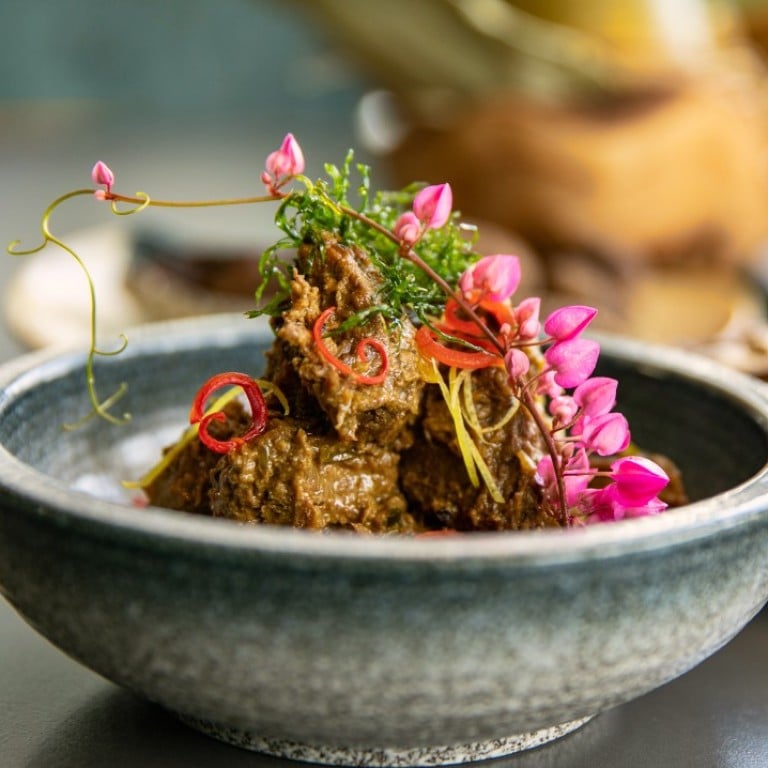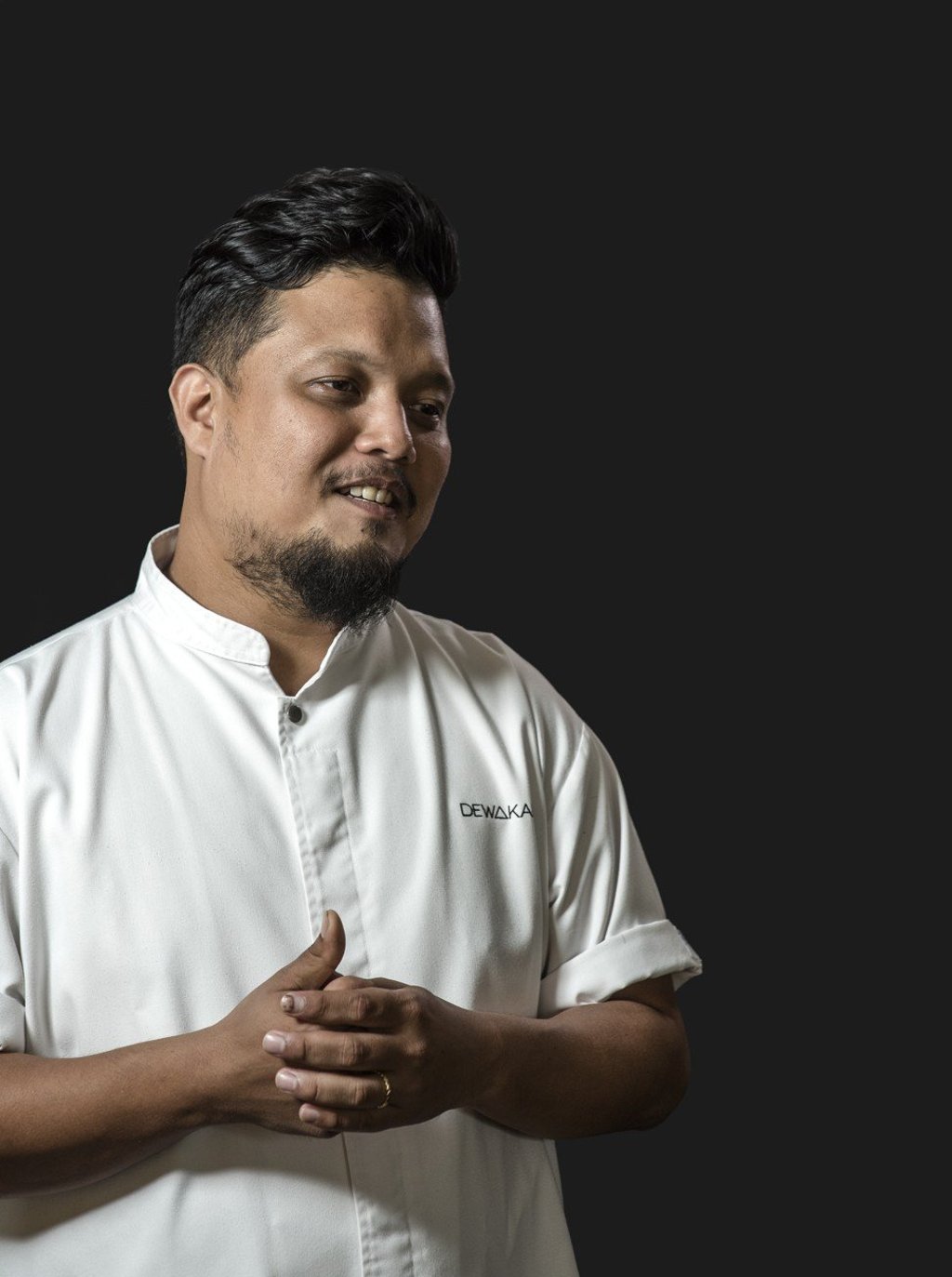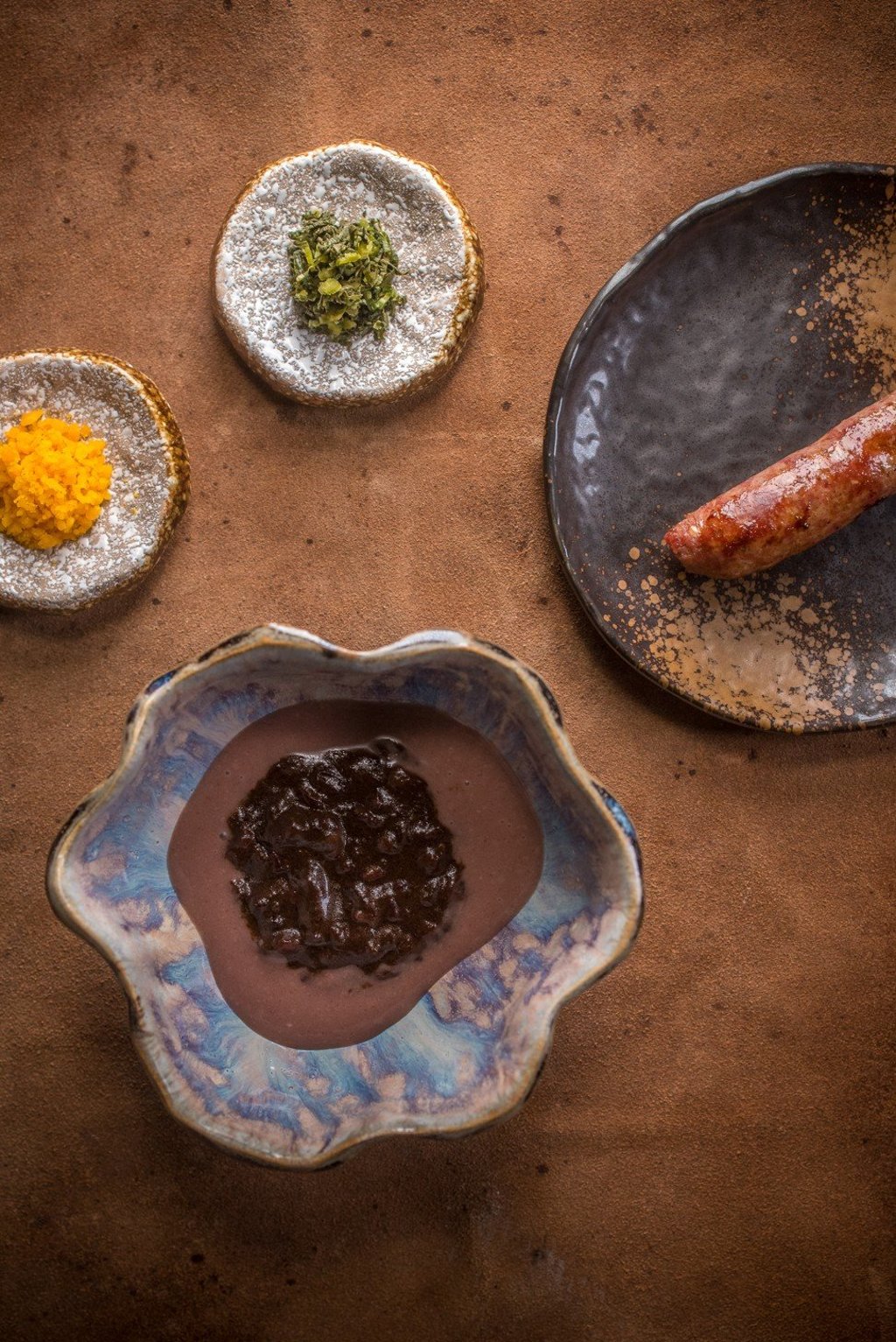‘Does anyone eat chicken rendang crispy?’ Why Malaysians are so protective about their cuisine

MasterChef UK judge’s criticism of contestant’s traditional dish shows how protective nation is of rich history of its food, comprising Malay, Chinese and Indian influences
In April last year, the dish chicken rendang nearly triggered a diplomatic incident between Malaysia and the United Kingdom.
Gregg Wallace and John Torode, judges on the television cooking show MasterChef UK, contentiously mentioned that one of the contestants, Zaleha Kadir Olpin’s traditional gravy-based chicken rendang would work better with “crispy skin”.
The comment, now immortalised on Twitter, was not taken lightly. It brought into the fold reactions by Malaysia’s then- prime minister Najib Razak – who tweeted “Does anyone eat chicken rendang ‘crispy’?” – and then-British high commissioner Vicki Treadell.
“Rendang-gate”, as it was dubbed, highlights how protective Malaysians are over their nation’s cuisines, comprising Malay, Chinese and Indian.
If you want to get a cuisine known internationally, you have to accept that different chefs will have their own approaches. You’d expect my laksa to taste authentic. But if it’s a dish by someone like Jamie Oliver, it will be less authentic
When speaking to chef Darren Teoh of Dewakan – which at number 46 is the country’s only entry on the Asia’s 50 Best Restaurant’s list – it is understandable that his replies are careful and well-considered.

Teoh gives an example of how one of the dishes on his restaurant’s Kayangan menu – prawns warmed in star fruit juice with herbs – is a fresh update of ulam (raw salad).
“We aspire to have a non-linear approach to how we use the ingredients to best represent where we are in time and space,” he says, enigmatically.

“With that dish, as with all our dishes, we’re not here to cook Malay food.”